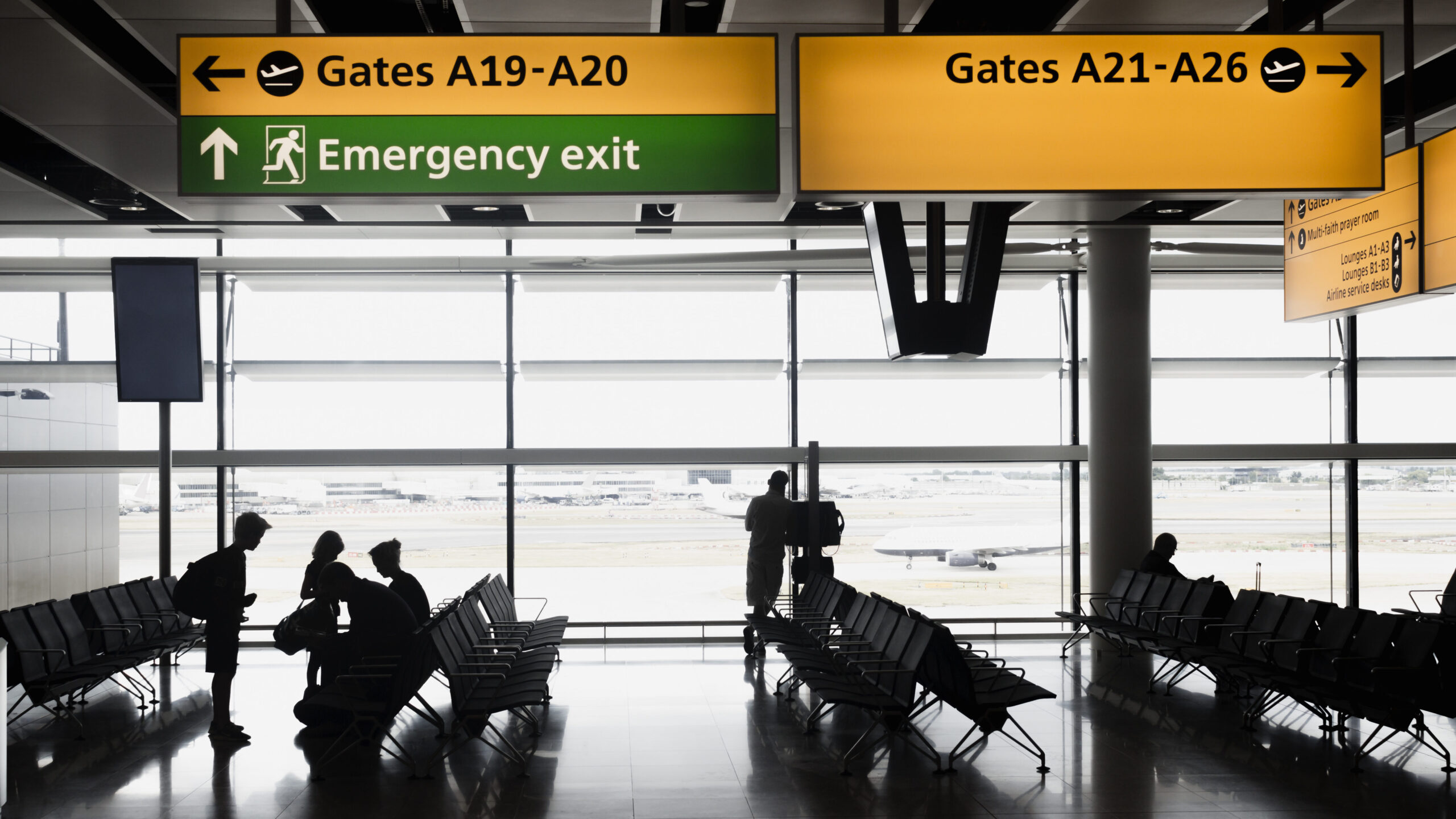Transport disruption and delays

When travelling by car, bike, air, boat, on foot or by public transport it is important to consider how external factors such as poor weather could impact you. By planning ahead and preparing for each trip, you can ensure that your trip is as smooth and safe as possible. Check with the transport operator before travelling for the latest travel advice and stay up to date with weather and flood alerts and warnings.
If you need to travel in poor weather or other circumstances that could cause delays
- If it necessary to travel, take great care and allow extra time for your journey.
- Always tell someone your destination and what time you expect to arrive.
- Take a fully charged mobile and charger with you, as well as an essential medication you might need if you were delayed.
- Store one or more emergency contact numbers on your mobile phone or keep a written copy in your wallet or purse – use the ICE or Medical ID feature on your phone if it has one.
The Met Office has some seasonal travel advice on its website as well as useful travel weather contacts that can be used to check road conditions, find out about the traffic conditions, or see transport service updates and timetables.
Advice for driving in poor weather
- Prepare for each trip and plan your journey accordingly, including finding alternative routes when needed.
- It is worth packing a few essential items in your car boot to make sure you’re ready in case of getting stuck in wintry weather – this can include a torch, in-car phone charger, warm clothes and blankets, high visibility clothing, jump leads, food and drink, and a shovel. Make sure you have any essential medication with you too,
National Highways provides further advice on travelling in severe weather.
Advice for cycling or wheeling in poor weather
- Ensure you are visible to other road users by wearing bright and light reflective clothing – day or night.
- If you’re not sure if it’s dark enough for lights it’s always best to put them on.
The Met Office has published advice on how to cycle in winter.
Advice for travelling on public transport
- If you are in an area directly affected by a transport incident, you should comply with all instructions issued by the emergency services and transport staff. Anyone else planning to travel would be advised to check with the transport operator before travelling for the latest travel advice.
- If you receive a UK Government Emergency Alert while on public transport, you should follow the instructions of transport staff.
- If you are able, carry water with you when you travel – this is most useful in warm weather but can also be helpful at other times in case of any delays on your route. Ask staff if there is a free water refill point at the station. Remember to carry any essential medication you might need during your journey.
- If you are stranded, transport operators and the emergency services will try to reach out. It is usually safer to stay where you are and wait for help to arrive, but this may take some time. While you wait, listen to instructions from staff.
- See it. Say it. Sorted. When using rail transport, remain vigilant for anything that seems out of place or unusual on trains or at stations, such as an unattended bag or someone who could be concealing something under their clothing. If you see something that doesn’t feel right, report it to British Transport Police, or tell a member of rail staff or a police officer. You can call British Transport Police on 0800 40 50 40 or text them on 61016.